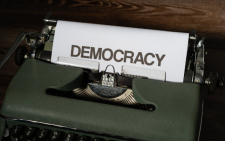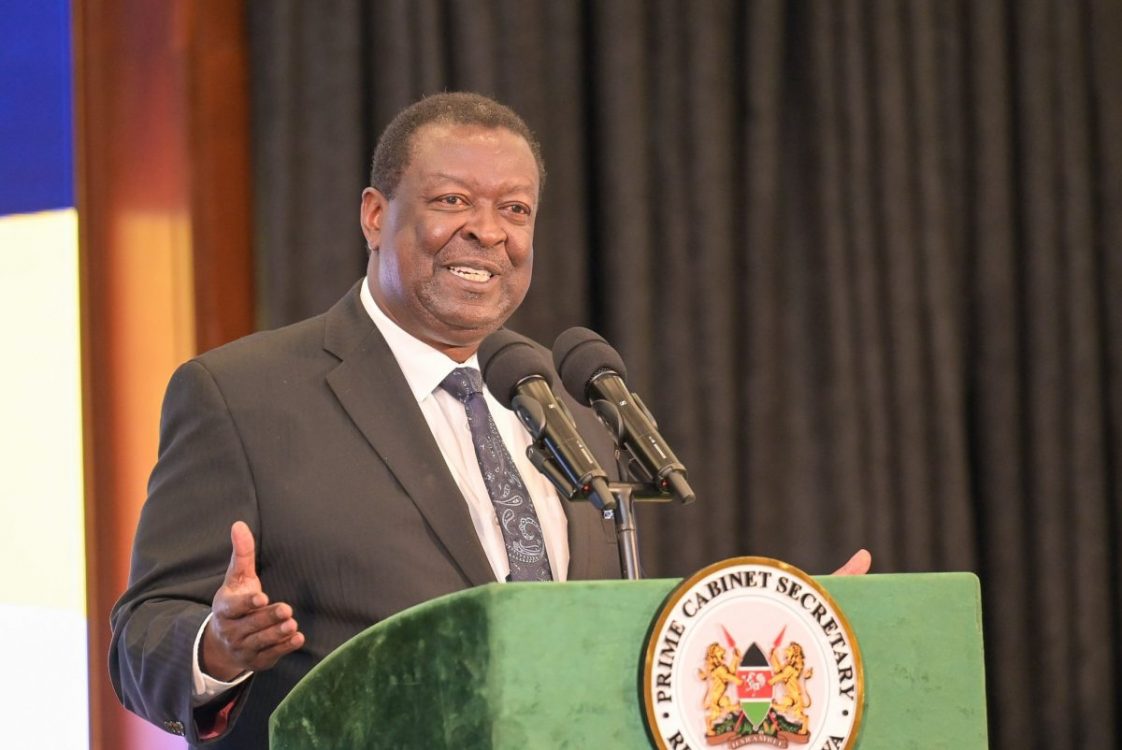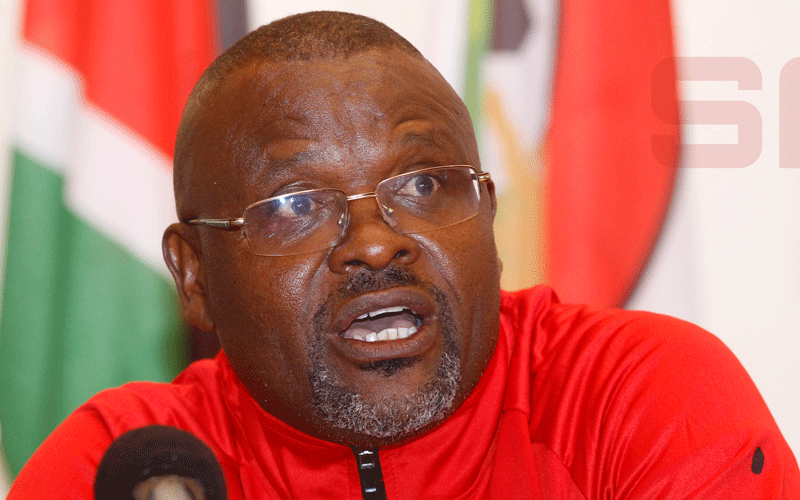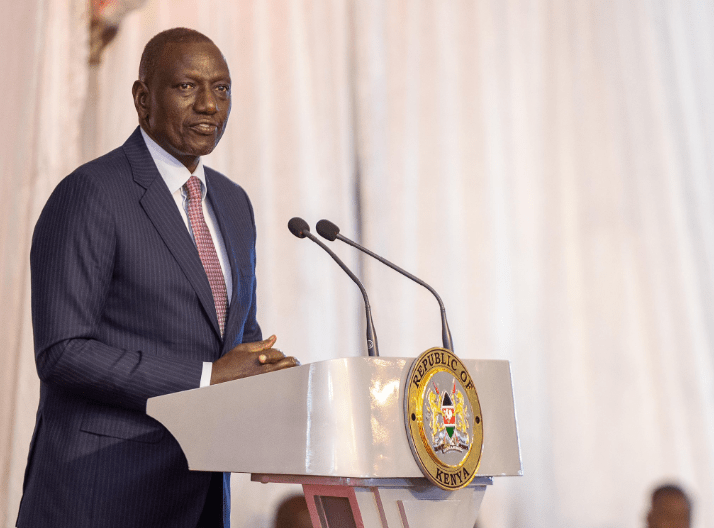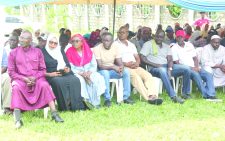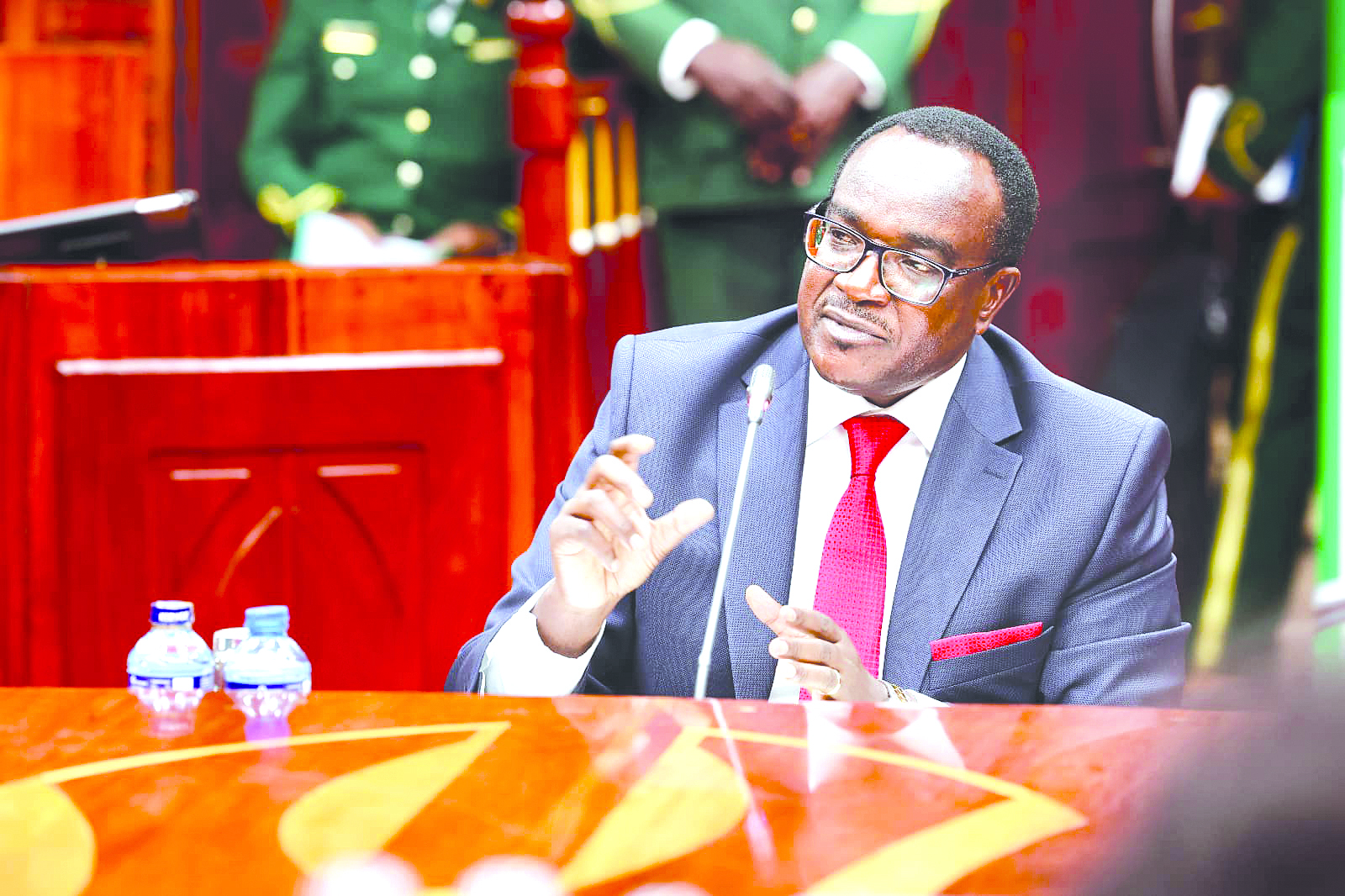Provide enabling environment for vibrant media
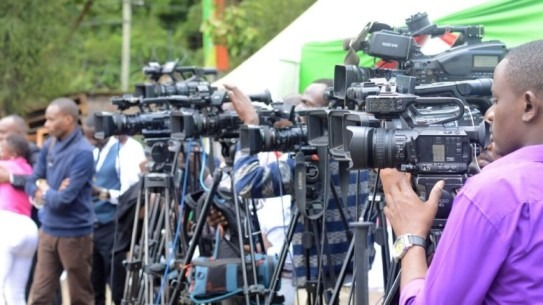
Recently I happened to have shared a platform, on one of the national TV stations, with a panelist who opined that journalists just sit down and figure out what stories to write and fill a four-hundred-word space in a newspaper. Well, it was interesting because he said this in the company of journalists and in a building where majority of the professionals are journalists.
This is the sad reality of our time, that a panelist carefully selected by professionals to help unpack political issues can out of naivety or because of his political persuasion disparage professionals in a field that is so critical in a democracy. A number of media professionals including university professors and media regulatory authority chiefs have talked about the choice of political analysts on our TV stations.
Their sentiments have been unequivocally clear that these are journalistic spaces, and the public interest must be maintained so much so that ideas are allowed to contend in the interest of the citizenry. Well, an understanding of journalism within the broader context of the political economy of the media is critical. Journalists and the media are two different entities. One is a profession, and its sustainability and robustness is dependent on the viability on the other, which is an institution and in most societies a business with the special mandate of serving public interest. Granted, decisions by most media houses are dependent on commercial interest and their competitors.
Often, the target is content about the affluent and targeting the affluent. Back to my co-panelist and the reality is that he is just a microcosm of the kind of discourse we have on issues media and democracy and how flippant we are in our understanding of the media and its place in a democracy. Today, the many countries globally have since realised there is need to discourse and find pathways for media viability and sustainable journalism.
Lars Tallert – considered the father of sustainable journalism – in a sustainable journalism conference held at Aga Khan University’s Graduate School of Media and Communications in March, reiterated that sustainable journalism should be situated beyond financial sustainability to encompass independent, viable journalism that not only safeguards and promotes democracy, but which is an enabler of a sustainable society as well.
Well, this journalism has been under threat in the wake of the emergence of digital media that has given many content producers the opportunity to sell eyeballs to advertisers. These new media content producers are essentially eating into the advertising pie that would traditionally go to legacy media and support public interest journalism. Moreover, big tech companies like Facebook, now Meta, and Google take the lion share of revenues on their platforms, yet they invest almost nothing on the premium content produced by legacy media houses.
You would expect the many talking heads and even top State officials would champion conversations around sustainable journalism in the wake of the fourth industrial revolution that has disrupted the media business models and audience behaviour including consumption habits. Today, you listen to our politicians and top government officials holding positions that should speak to policy and you realise the one conversation they are shunning is how to make the media vibrant in our democracy and journalism sustainable as an enabler of a sustainable society.
Our policymakers need to mull over these global trends engage different stakeholders and ultimately come up with policy and legislative frameworks that work. Countries are moving ahead with these conversations and even where there is no legislation, some are negotiating with the big tech companies. We need to rise beyond politicking and push the needle for an independent and vibrant sustainable journalism.
— The writer is a PhD candidate in political communication
